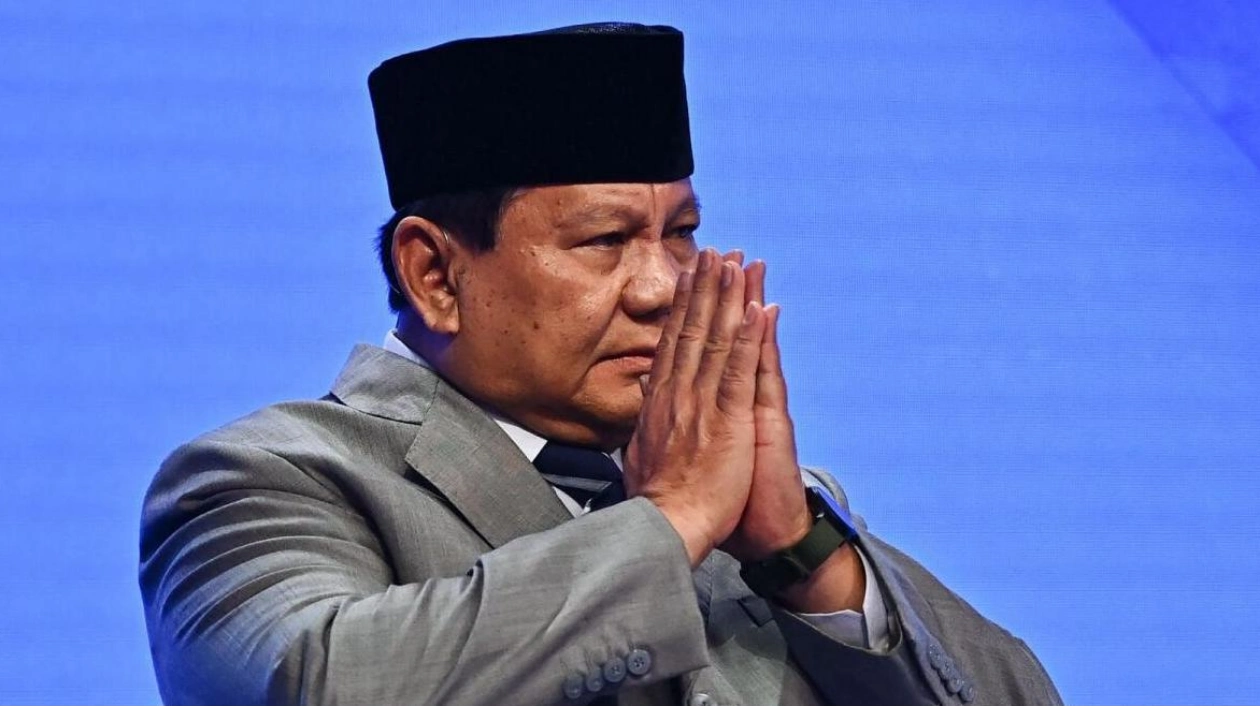Indonesia's President-elect, Prabowo Subianto, aims to provide free meals for school children, a plan that, coupled with his bold spending promises, has unsettled the nation's debt and currency markets. Prabowo and his team have sought to dispel concerns about fiscal recklessness, assuring market participants that the new government will adhere to the legal debt limits, which restrict the budget deficit to 3% of GDP. However, the recent stability and fiscal prudence under current Finance Minister Sri Mulyani Indrawati have made any hint of significant spending unsettling for the market. Bond yields have increased, and the rupiah has weakened, though much of the currency's decline is attributed to the strong US dollar.
Jenny Zeng, chief investment officer for APAC fixed income at Allianz Global Investors, noted that while the current situation might seem like noise, there is an increasing fiscal risk, which could lead to higher risk premiums on Indonesian government bonds. Uncertainties surrounding the replacement of Sri Mulyani as finance minister also pose additional risks. A banker at a Chinese lender in Indonesia has responded to these fiscal concerns by reallocating about 30% of its portfolio to lower-tenor instruments, including rupiah-denominated short-term securities issued by Bank Indonesia.
Prabowo won the election in February and is set to take office in October. His free-meal initiative, estimated to cost 71 trillion rupiah in 2025, should not typically cause alarm. Indonesia, the largest country in Southeast Asia, has seen its financial situation improve under the Jokowi administration, running a healthy budget surplus. Once considered junk, its bonds are now investment grade. Some investors believe that increased spending could help Indonesia achieve its 8% economic growth target. However, there is concern about the extent of Prabowo's planned spending and whether he will reduce fuel and other subsidies and investments to maintain fiscal balance.
Foreign portfolio investments have been declining, with overseas investors withdrawing $2.8 billion from rupiah government bonds and the stock market by June this year. The rupiah has hit four-year lows against the dollar, down more than 5% this year, largely in line with the broader decline in emerging market currencies due to rising US yields and a strengthening dollar. Investors seeking higher yields have been turning to India, whose bonds offer comparable yields and have recently been included in JP Morgan's global index. Indonesia's 10-year bond yields have risen by 35 basis points since late May to 7.05%.
Some investors are cautiously optimistic, noting that Prabowo's administration also plans to boost revenue and improve tax compliance, aiming to cap the fiscal deficit at 2.8% of GDP. abrdn's investment manager of Asia fixed income, Jerome Tay, remains positive on Indonesian government bonds in the medium term, highlighting their high yield. The spread between Indonesian and US bond yields has narrowed, but they still attract fixed income investors. Indonesia is now less vulnerable, with foreign holdings accounting for only 14% of outstanding government bonds, down from 50% a decade ago. Expectations of the Fed cutting rates soon provide some relief to rupiah and Indonesian bond investors. However, looming risks include significant debt maturities in 2025, although Sri Mulyani has assured that refinancing will not be an issue if market confidence is maintained.






